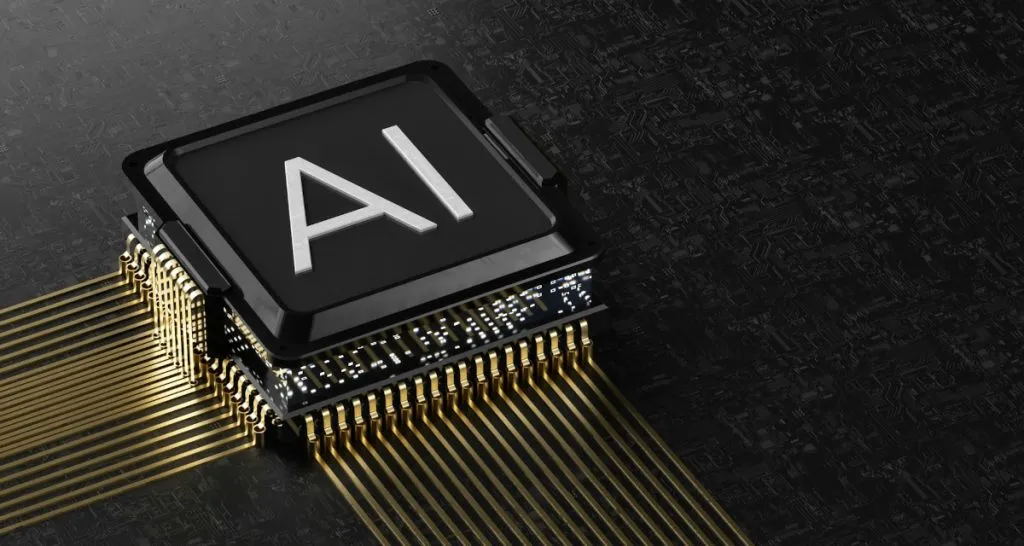The Copyright Licensing Agency is set to release an AI training license later in 2025. Photo Credit: Igor Omilaev
An AI training license is expected to launch just months from now in the UK – albeit with an initial focus on the writing and publishing side.
London’s Copyright Licensing Agency (CLA) announced its “ambitious plans” for the license in a brief release. With a rollout teed up for Q3 2025, the system will enable gen AI developers to purchase one-stop training authorization for “text-based published content,” per the CLA.
On this front, although the 42-year-old entity deals in licenses for both writing and visual art, it’s working with two member organizations, the Authors’ Licensing and Collecting Society (ALCS) and the Publishers’ Licensing Services (PLS), to get the ball rolling here.
But logic suggests that the generative training license could later expand to include other types of media – or encourage the development of different licenses yet.
Closer to the present, the CLA opted against diving into compensation and opt-in specifics. The non-profit did clarify that the model will be “[d]esigned to complement direct licensing deals,” which are comparatively common in the writing and journalism worlds.
(Nevertheless, not all the spaces’ leading players are on board with AI giants’ proposals, pertaining to training and more.)
That’s a noteworthy contrast to the music universe, where some generative platforms are licensed but scores of others have allegedly trained on protected works without authorization.
Despite leading AI companies’ arguments to the contrary – and the uncertain outcome of related litigation for rightsholders – those alleged usages seem far from fair. For better or worse (with a strong emphasis on the latter), however, free-for-all training is in many ways the norm.
Not helping the less-than-ideal situation are controversial regulatory proposals – and adjacent calls to “delete all IP law.” Moreover, evidence indicates that several nations don’t intend to establish any protections at all when it comes to AI training.
In short, the CLA’s forthcoming license could represent a concrete step towards unlocking new compensation and much-needed control for rightsholders.
“Training AI models on copyrighted content requires permission and compensation,” longtime CLA CEO Mat Pfleger added in part. “CLA’s collective licence will further demonstrate that licensing is the answer and can provide a market-based solution that is efficient and effective.”
Last month, Sony Music led AI licensing startup Vermillio’s $16 million Series A, while Vobile 10 days ago kicked off an audio buildout by acquiring Pex. And in a relatively early AI partnership, Universal Music inked a deal with content-attribution platform ProRata.ai in August 2024.
The ProRata tie-up now appears to include some sort of licensing arrangement. At the time of writing, ProRata’s “AI-powered search engine,” Gist, was seemingly producing the complete lyrics to a variety of well-known UMG tracks when prompted accordingly.
Content shared from www.digitalmusicnews.com.

